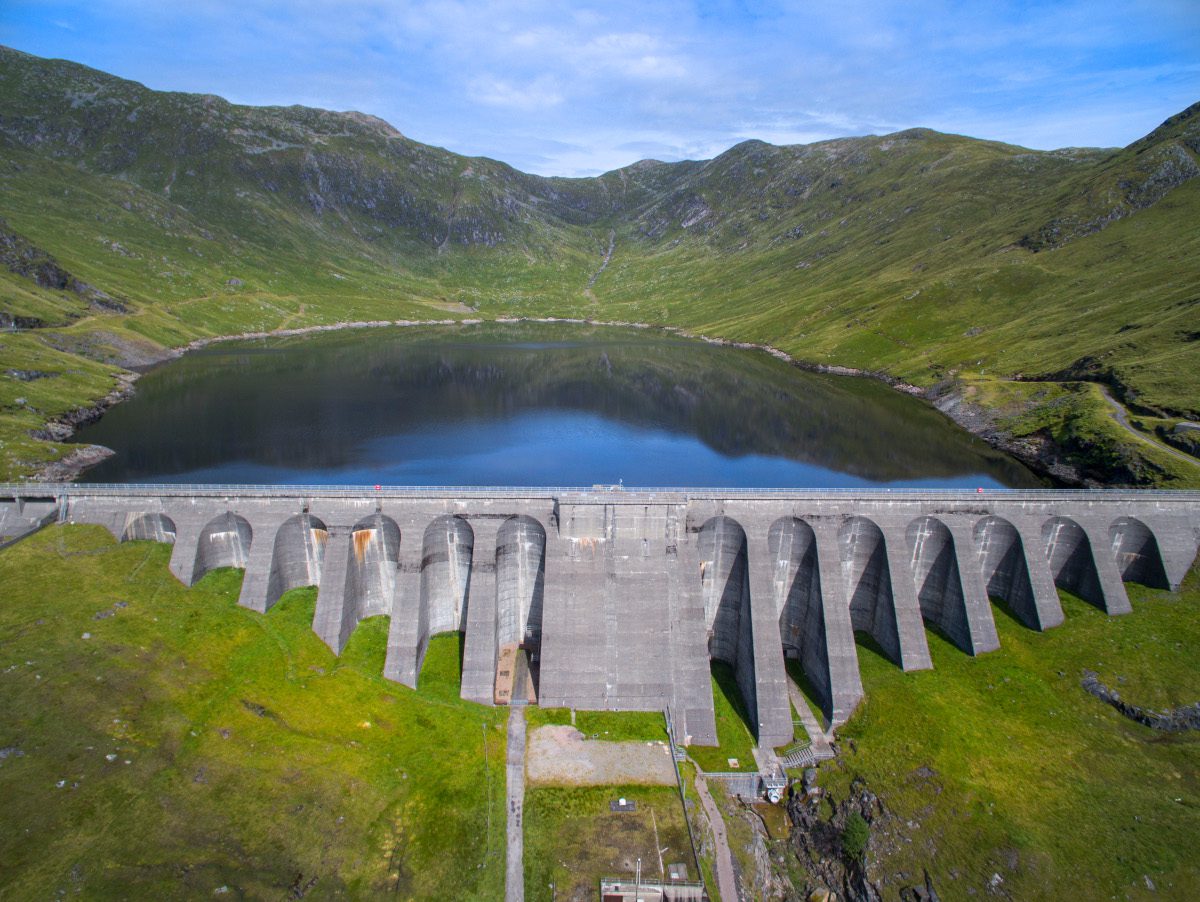
Scottish Renewables and the British Hydropower Association have written a joint letter to the Prime Minister calling on the UK Government to urgently support the deployment of long-duration electricity storage, including pumped storage hydro (PSH).
In the letter, the trade bodies say that by supporting investment in long-duration electricity storage the UK Government can reduce consumer bills, CO2 emissions and the UK’s reliance on imported gas.
“To meet the UK Government’s net-zero targets more clean energy is required. However, since many technologies, such as offshore wind, are variable in their output, energy storage will be essential to ensure that low-cost power generated by renewables can be delivered to consumers when they need it most.”
The Government’s current commitment is to deliver policy to enable investment in PSH at some point in 2024. However, the Department for Business, Energy and Industrial Strategy (BEIS) committee recently recommended that this should be brought forward to 2023. Scottish Renewables and the British Hydropower Association are strongly supporting this recommendation.
A statement from the groups outlines how, by investing in PSH, the UK Government would:
- Reduce annual constraint costs. These are payments made to electricity generators to balance the supply and demand of electricity generation. These payments reached £1.94 billion in 2022. PSH can mitigate these costs by allowing for greater use of generation in constrained areas as well as reducing the need for costly grid reinforcement. If deployed, PSH could deliver system cost savings of up to £680 million per year by 2050.
- Help deliver energy security. The recent energy price crisis demonstrated that the transition to clean, home-grown renewable energy is the only sustainable path to energy security and PSH is a tried and tested technology that can deliver this by storing energy for when it is most needed.
- Make the UK a more favourable investment destination. With increasing global competition for clean energy investment, in particular from the USA and the EU, developers urgently need the UK Government to implement a suitable investment framework to secure low-cost financing for their PSH projects.
- Reduce consumer bills. Speeding up delivery of long-term energy storage is essential to deliver the UK’s net-zero energy system – the best way of reducing energy bills for consumers in the long term.
Pumped storage hydro is similar to a giant battery as it can store energy and then release it when needed. Each facility uses two water reservoirs at different elevations and power is generated when water moves down from one to the other passing through a turbine. When demand for electricity is low, water is pumped back up to the upper reservoir where it is stored for future use.
Andrew MacNish Porter, Policy Manager at Scottish Renewables, said:
“As we move towards a cleaner, greener future with more and more renewable power added to the electricity network we know that long-duration electricity storage, such as pumped storage hydro, will be essential for ensuring energy security and keeping bills low for consumers.
“A recent report which Scottish Renewables commissioned from BiGGAR Economics found that six projects currently under development in Scotland will more than double the UK’s pumped storage hydro capacity to 7.7GW, create almost 15,000 jobs and generate up to £5.8 billion for the UK economy by 2035.
“We need to get these shovel-ready projects into construction right away and urge the Prime Minister and the UK Government to deliver an investment framework that will unlock the huge value of pumped storage hydro as soon as possible.”
Kate Gilmartin, Chief Executive at the British Hydropower Association, said:
“Pumped storage hydro will be central to the UK Government reaching its net-zero ambitions. We must think holistically and understand that energy security will only be delivered with the diverse mix of technologies needed to provide an operable, stable decarbonised grid. The UK Government must urgently support investment in pumped storage hydro to meet those aims.”







